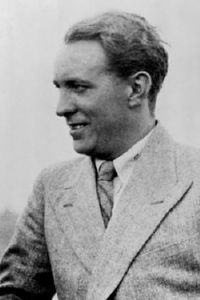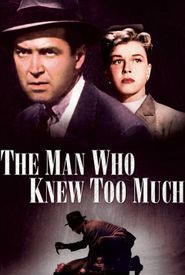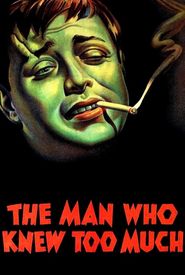Charles Bennett, born on the cusp of a new century, made his writing debut as a child in 1911, showcasing his innate talent for the craft at a remarkably young age. Prior to this, he had already gained valuable experience in the acting world, which would later serve as a solid foundation for his future endeavors.
As a teenager, Bennett found himself in the midst of World War I, fighting in France alongside his peers. Despite the chaos and uncertainty of war, he managed to resume his acting career upon the conflict's conclusion.
It was in 1926 that Bennett made the bold decision to shift his focus from acting to playwriting. This pivotal moment marked the beginning of a new chapter in his life, as he poured his heart and soul into crafting compelling stories for the stage. One of his most notable plays, "Blackmail," would later be adapted into a screenplay, with the esteemed director Alfred Hitchcock at the helm.
Bennett's association with Hitchcock continued into the early 1940s, by which time both men had established themselves as prominent figures in the Hollywood film industry. Throughout his career, Bennett worked with a diverse range of producers, including the legendary Cecil B. DeMille and Irwin Allen, as well as the more frugal folks at American International Pictures (AIP).
In his own words, Bennett once remarked, "If I couldn't write, I wouldn't want to live." This statement speaks volumes about his passion for his craft and his dedication to his art. Even in the years leading up to his passing, Bennett remained committed to his work, with projects such as a remake of "Blackmail" still in the pipeline.


















































